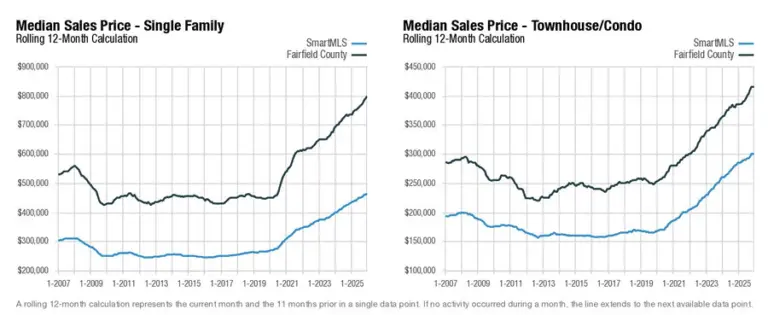As the Board of Estimate and Taxation (BET) reviews the Fiscal Year 2026 budget, the town had requested nearly $500,000 to comply with its own gas-powered leaf blower restrictions—a mandate backed by Democrats and one of many capital requests in a budget that would result in a proposed 6% tax increase. With rising costs, Republicans stood firm, and the BET voted to remove this funding—a decision that was both fiscally responsible and principled.
This mandate was pushed through without full consideration of costs or feasibility. While private landscapers are expected to absorb the financial burden, the town itself was asking taxpayers to help cover its transition. If local government requires funding to comply, how can small businesses be expected to meet the same mandate without assistance?
Mandates Don’t Work
We’ve seen similar policies fail before. Attempts to ban gas stoves or force electric vehicle (EV) adoption through mandates have repeatedly fallen short because they ignore incentives as the best driver of change. In the 1990s, California’s Zero-Emission Vehicle (ZEV) mandate led to costly, unsustainable programs that automakers abandoned once regulations weakened. EV adoption only took off when technology improved, and incentives made them financially viable
Now, Greenwich is making the same mistake with leaf blowers, led by Quiet Yards Greenwich and progressive RTM members who have prioritized environmental mandates over practical governance. The RTM passed this ban to mirror policies in cities like Washington, D.C., Portland, and states like California, but Greenwich has historically favored pragmatic, market-driven solutions over rigid government mandates.
Unrealistic Costs and TradeOffs
Supporters claim the ban will reduce air and noise pollution but overlook key trade-offs. Electric leaf blowers remain costly and inefficient, with battery life, power, and long-term costs making them impractical for commercial use. The economic burden on small landscapers—many operating on thin margins— cannot be ignored. If even the town required nearly $500,000 in taxpayer funding to comply, it’s clear this mandate was pushed through without fully considering costs or feasibility.
Republicans Held the Line
Mandates like this create economic strain and enforcement challenges, not lasting change. By removing this funding, the BET has taken a stand for fairness and fiscal discipline. Private landscapers— who are expected to comply at their own expense— now have strong grounds to formally request that the RTM reconsider and repeal the ban. It would be indefensible for the town to demand compliance from businesses while refusing to fund its own transition. Some may argue that as a finance board, the BET should not weigh in on policy matters. But our responsibility is to ensure taxpayer dollars are spent wisely—and using the power of the purse to reject funding for an unworkable mandate is entirely within our scope.
The BET has done its part. Now it’s time for the RTM to reconsider this policy and return to practical, achievable environmental solutions.
David Alfano, Nisha Arora, Harry Fisher, Karen Fassuliotis, Lucia Jansen and Leslie Tarkington




